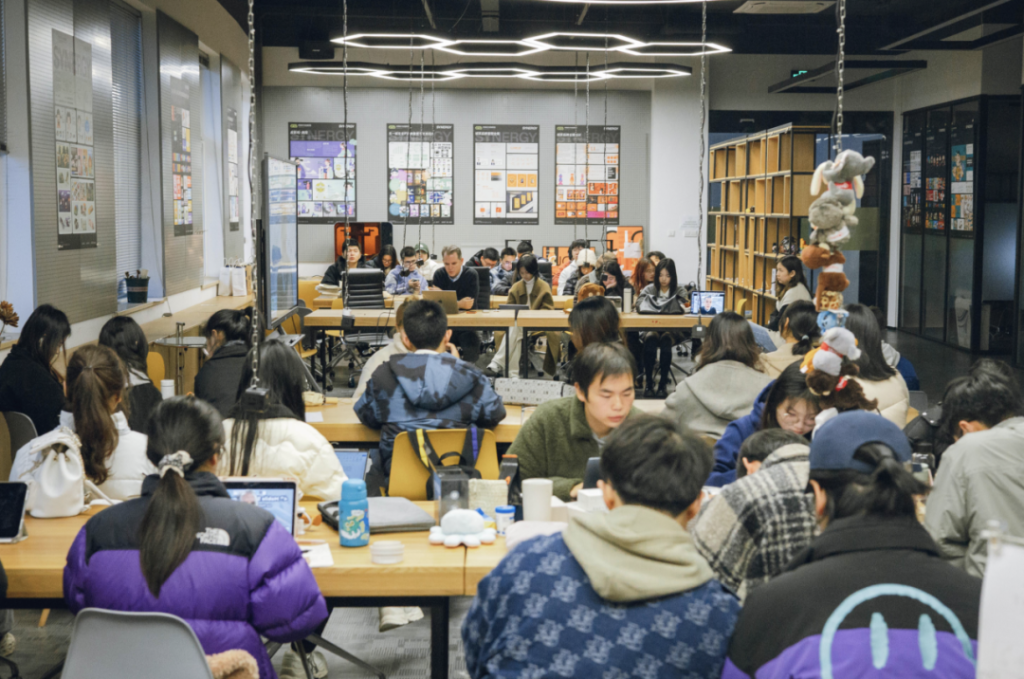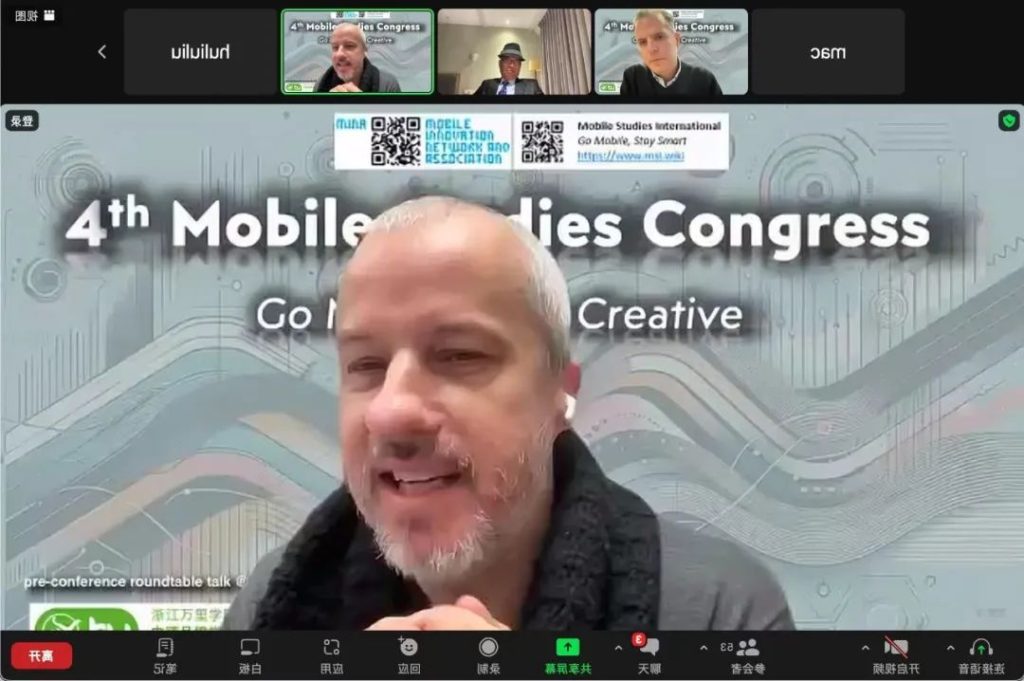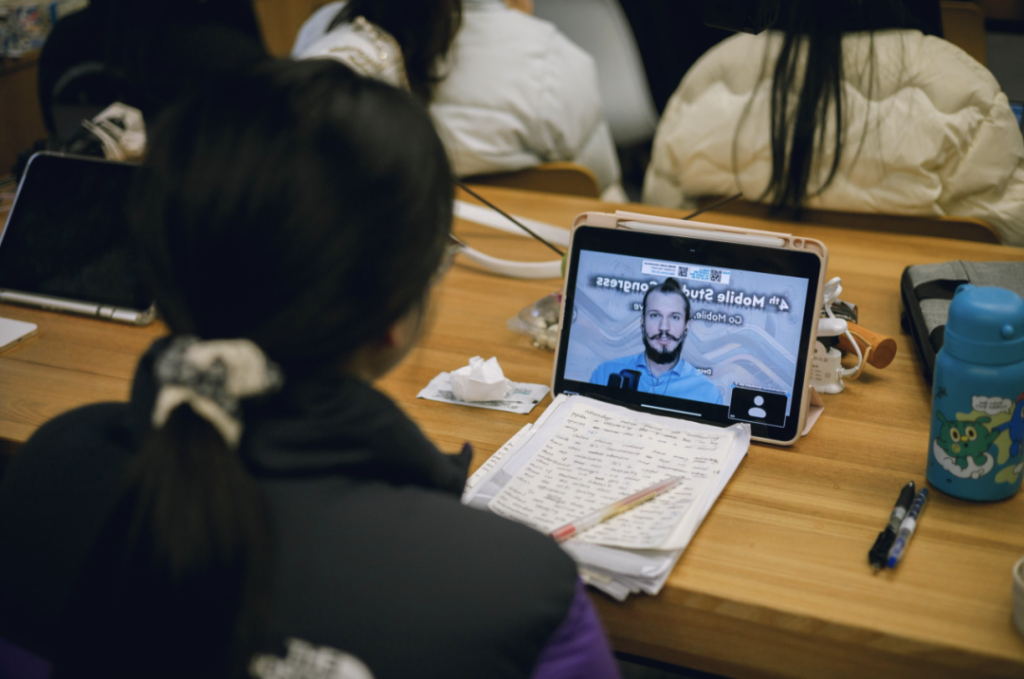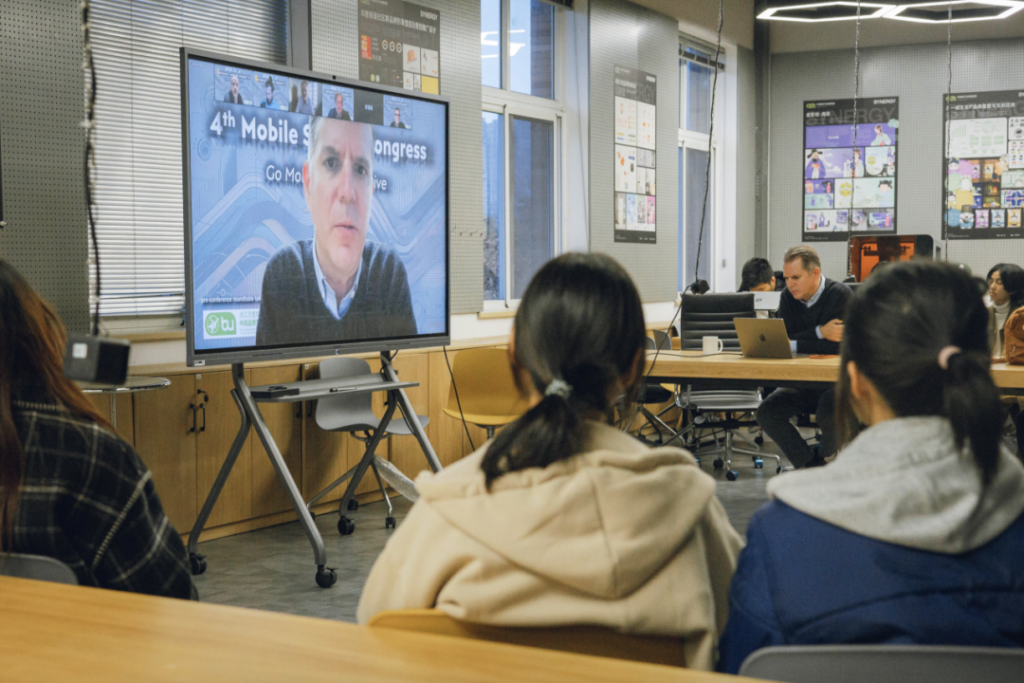
On the afternoon of December 15, to"The Impact of Artificial Intelligence on Branding."themedRoundtable at the 4th Mobile Studies Congressorganized at the Sino-German Branding School. The forum was organized usingCombining online and offlineThe forum was conducted in a way that industry experts and scholars from China, Germany, Finland, Vietnam and the Czech Republic discussed the role of artificial intelligence in branding as the conference theme. Stefan Waller, Deputy Dean of the Joint School of the German University of Branding and Applied Sciences at Zhejiang Wanli College, moderated the forum.


Topic 1: AI as a cutting-edge tool for design and branding and a comprehensive look at it.. Michael Jonas, a professor at the Department of Digital Media and Brand Communication at the German University of Branding and Applied Sciences, said, "Customized AI models are a core product for branding agencies in the future." Experts predict that AI will largely influence image processing in the future, and most advertising agencies will also utilize AI models as well as AI to provide appropriate planning solutions. However, they emphasized that one thing should not be overlooked, designers cannot fully rely on AI, they still need to learn to be proficient in using design tools and mastering design skills.

Topic 2: How Design Educators Can Effectively Integrate Artificial Intelligence (AI) Concepts into Curriculum Instruction. They agreed that AI technology plays an indispensable role in the learning process. For this reason, as educators need to continue to learn, become proficient in AI technology and teach it to students, theExercise students' innovation and creative thinking.

Topic III: Theoretical InnovationMax Schleser, Professor of Film and Television Communication at Swinburne University of Technology, Australia, addressed another issue. Max Schleser, Professor of Film and Television Communication at Swinburne University of Technology, Australia, addressed another issue in the session: whether AI digital storytelling used in the production of computerized non-virtual screen products, such as documentary films and screen narratives more generally, requires a new theoretical perspective on the "creative treatment of the actual". ". In an in-depth debate around the need for such a new theory to facilitate the development of an AI-driven design world, Prof. Max Schleser pointed out that existing theoretical approaches are insufficient to accurately describe the future shape of an AI-driven design world. We need new theories to better understand and explain the role of AI in design and its impact on design roles.

Topic 4: AI Ethics.. Addressing the issue of AI ethics, Prof. Xu Xiaoge, founder of Mobile Research International in Singapore and from the School of Culture and Communication at Zhejiang Wanli University, raised the topic of AI being sustainable in supporting design. He emphasized the potential role of AI technology in design while raising concerns about its sustainability. He pointed out that designers and policy makers need to carefully consider the environmental, social, and cultural impacts of AI technology when applying it.

Dr. Benjamin Vogt, a researcher at the Offenbach School of Design in Germany, raised questions about disclosure and regulation of AI. There was a series of discussions among the experts around the extent to which AI-generated images can be trusted by people. They noted that for designers, the issue of copyright is a concern. For creatives like photographers and illustrators, it's also worth thinking about how to generate income from their work in the future.

Topic 5: Reflection and Prospect of AI Technology Development.. Finally, Dr. Laurent Antonczak from the Royal Melbourne Institute of Technology (RMIT) in Vietnam touched on how to dialectically view AI. Looking to the future, the participating experts agreed that humans will live in a world of textual images shaped and generated by AI. All aspects of life will also be dramatically transformed. They emphasized that university education cannot avoid the development of these inevitable problems, theAppropriate pedagogical concepts must be developed to incorporate these developments in teaching and learning to keep up with the times.

AI is reshaping the brand ecosystem at an unprecedented pace, challenging traditional brand storytelling and disrupting the concept of brand loyalty. In this environment, Sino-German Branding will continue to guide students to focus on the development trend of the branding industry and the impact of AI on brand concept, branding, brand storytelling and brand experience.

